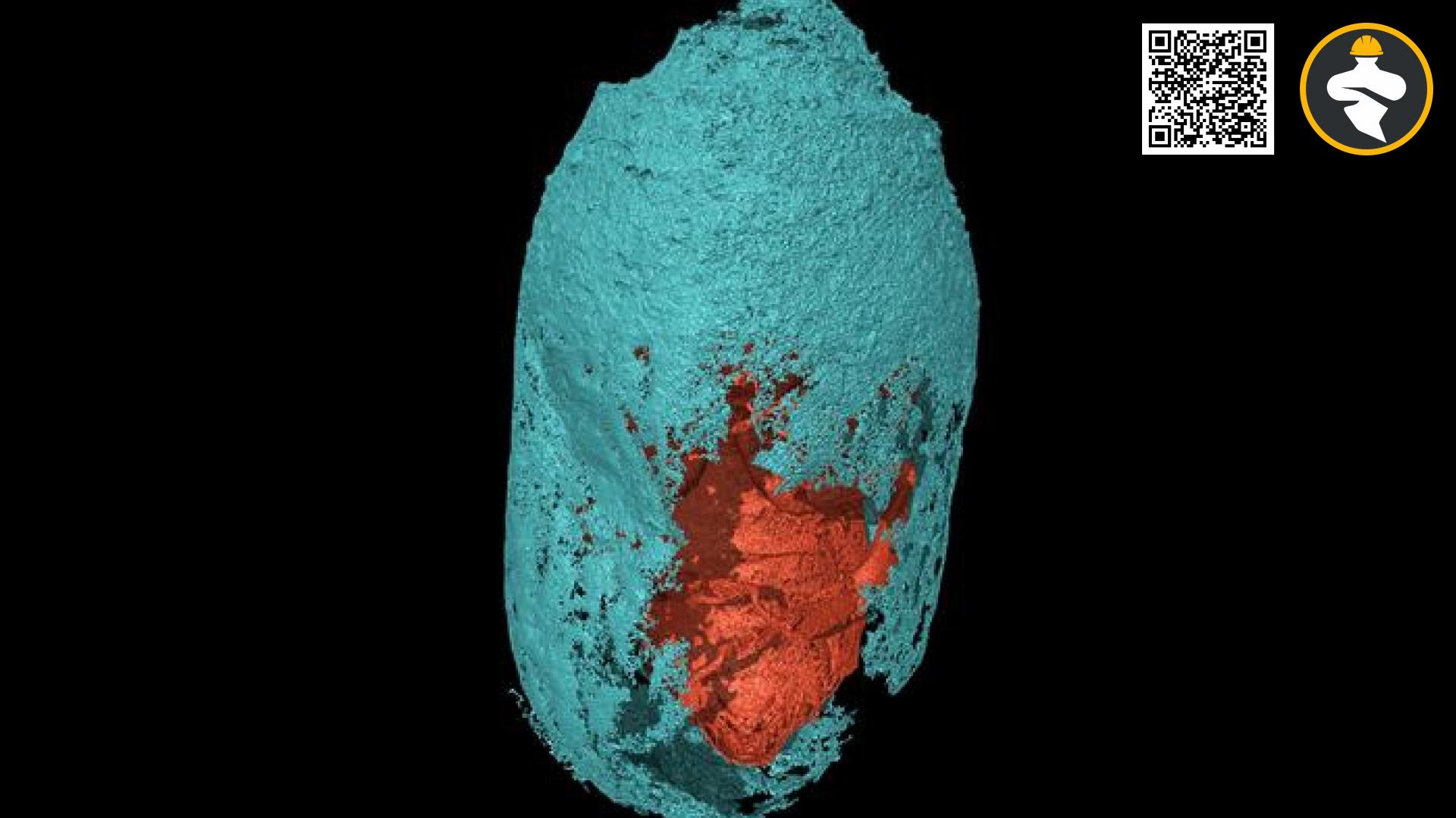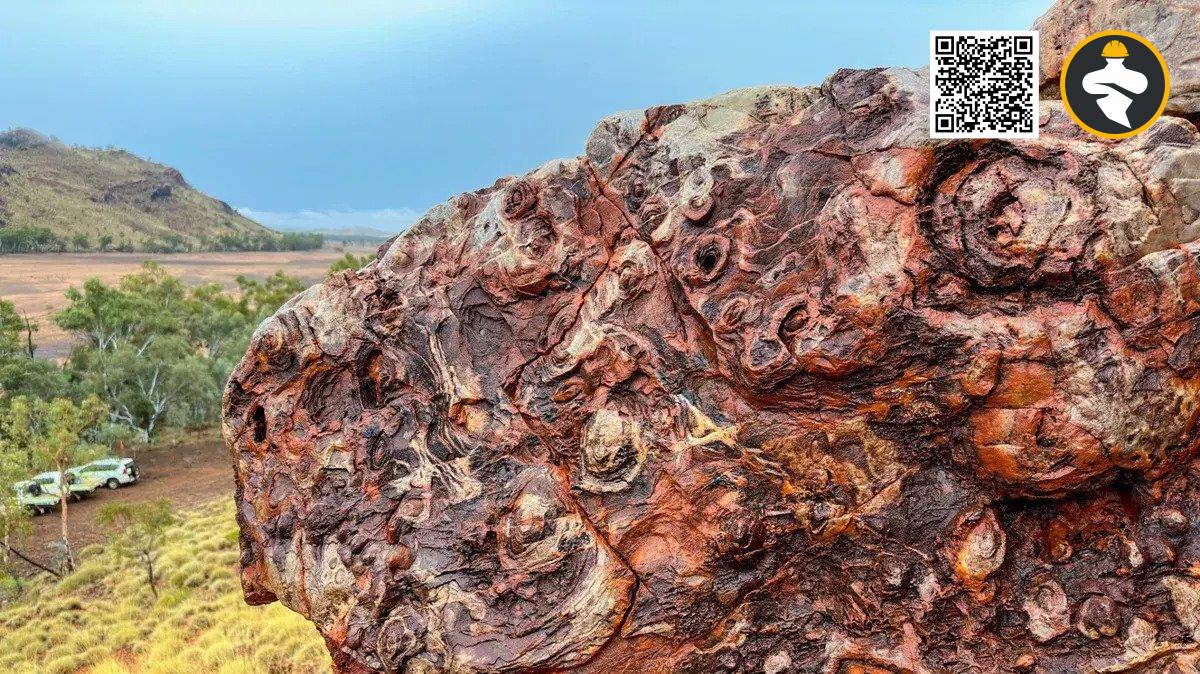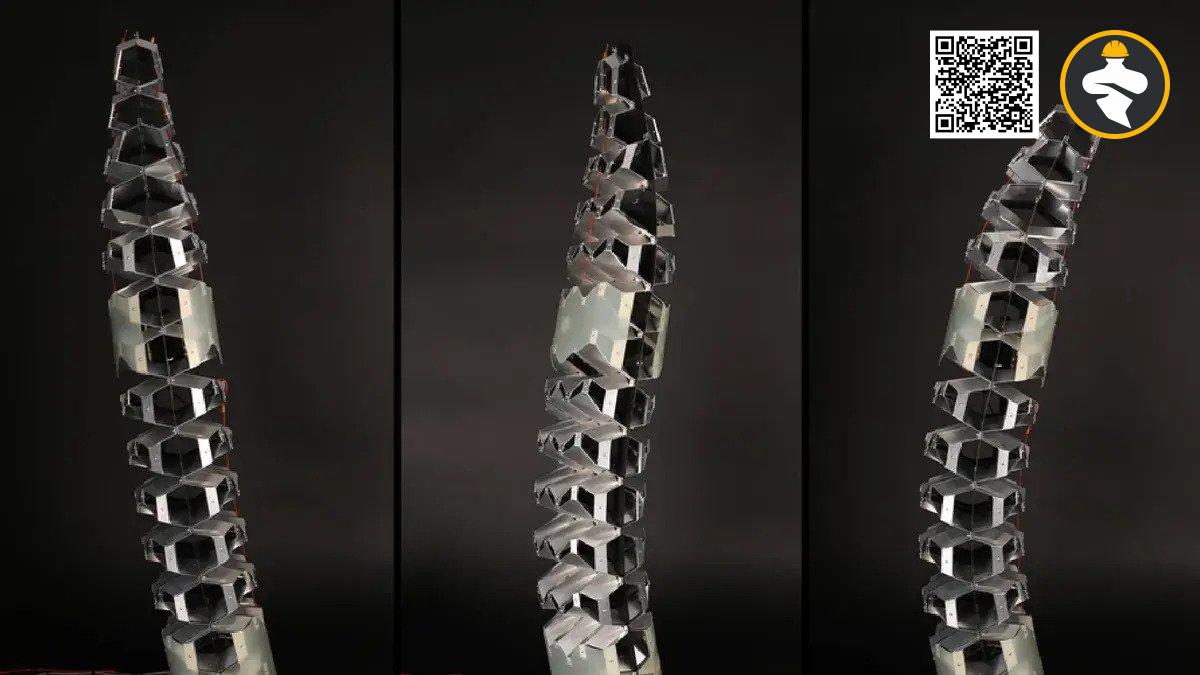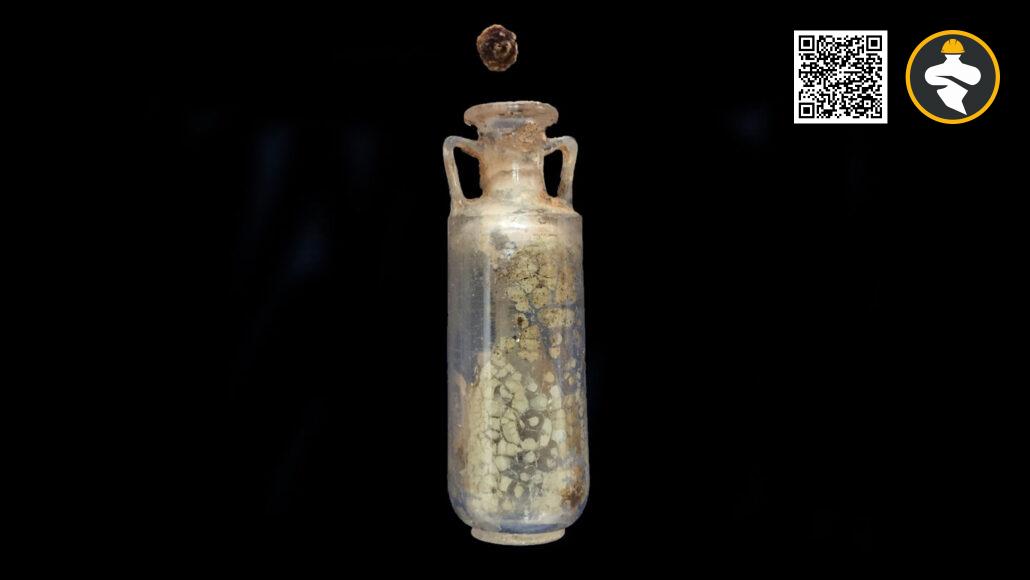The discovery of the ancient Roman perfume bottle that contained patchouli is a significant milestone in our understanding of the ancient world. It provides valuable insights into the use of fragrances in ancient Rome and has opened up new avenues for research into the ancient perfume industry. In this essay, we will delve deeper into the discovery, its significance, and the implications it holds for future research. The quartz bottle was found during an excavation in a Roman burial site in Carmona, Spain. The egg-shaped lead container held a glass urn that contained the quartz bottle with the cremated remains of a woman who was around 40 years old. The bottle was tightly sealed with a dolomite top covered in a dark, tar-like substance that chemical analysis revealed as bitumen. The bitumen played a vital role in preserving the patchouli’s chemical signature, keeping the perfume molecules trapped through a process called adsorption.
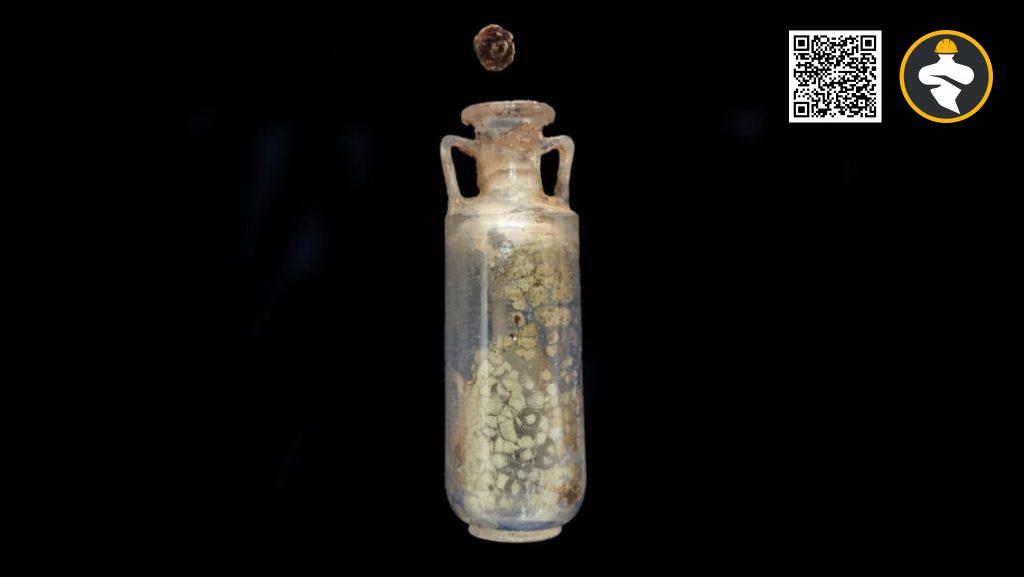
The discovery of the ancient perfume bottle containing patchouli is a significant breakthrough because it is the first time that the source of an aroma has been identified. Although ancient written perfume recipes have revealed vague and incomplete information about the ingredients used by the Romans, they did not reveal the source of the aroma. This discovery will undoubtedly contribute to our understanding of the ancient perfume industry and the ingredients used in it. The finding of patchouli in the ancient perfume bottle also suggests that fragrances were not only reserved for the wealthy in their daily lives but also for funeral rites. The fact that the bottle was found in a Roman burial site indicates that fragrances such as patchouli were used as funeral offerings.
This opens up new avenues for research into the role of fragrances in ancient funeral customs, which can tell us a great deal about the culture and beliefs of the Romans. The costliness of the quartz bottle, combined with the exotic essence of patchouli, suggests that it was a luxury item reserved for high society. The Romans were known for their love of luxury, and this discovery reinforces that notion. It also indicates that the Romans had access to trade networks that allowed them to import exotic essences from Southeast Asia, demonstrating the extent of their global connections. The discovery of the ancient perfume bottle containing patchouli also has significant implications for the recreation of ancient perfumes.
Many researchers and companies are currently working to recreate ancient fragrances, and the discovery of patchouli in an ancient Roman perfume bottle provides them with a valuable clue. The chemical signature of patchouli found in the bottle can be used to recreate the ancient scent, providing us with an olfactory window into the past. Overall, the discovery of the ancient Roman perfume bottle containing patchouli is a significant breakthrough in our understanding of the ancient world. It has opened up new avenues for research into ancient perfumes and funeral customs and has provided valuable insights into the global connections of the Romans. It is a testament to the enduring power of scent and its ability to provide us with a link to the past.
Reference: Javier Barbuzano@sciencenews.org





